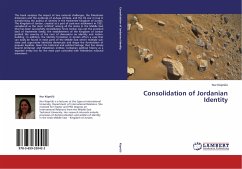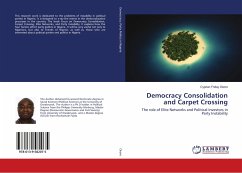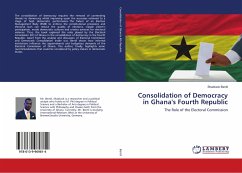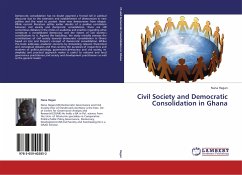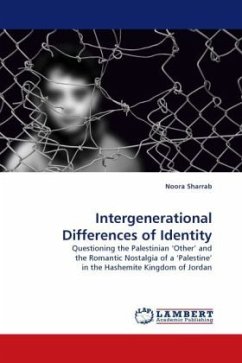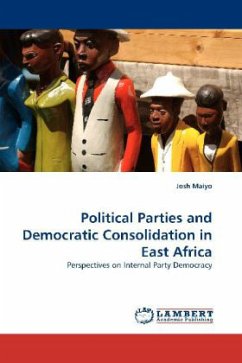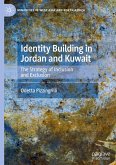This book analyzes the impact of two external challenges, the Palestinian dimension and the outbreak of al-Aqsa intifada, and the US war in Iraq in transforming the politics of identity in the Hashemite Kingdom of Jordan. The Kingdom of Jordan, created as a part of post-war settlement in 1921, considered as the most artifical among all the states in the Middle East that has been successfully consolidated. Since Jordan was not the ancestral land of Hashemite family, the establishment of the Kingdom of Jordan posited the country at the core of discussions on identity and nation-building. In addition, the identity formation in Jordan offers a case that can easily be found in most parts of the Middle East where multiple sub-state and supra-state identities demarcate and shape the formulation of popular loyalties. Given the historical and political linkage that has closely bound Jordanian and Palestinian entities; Jordanian political history as a separate entity has for the most part coincided with Palestinian national movement.
Bitte wählen Sie Ihr Anliegen aus.
Rechnungen
Retourenschein anfordern
Bestellstatus
Storno

